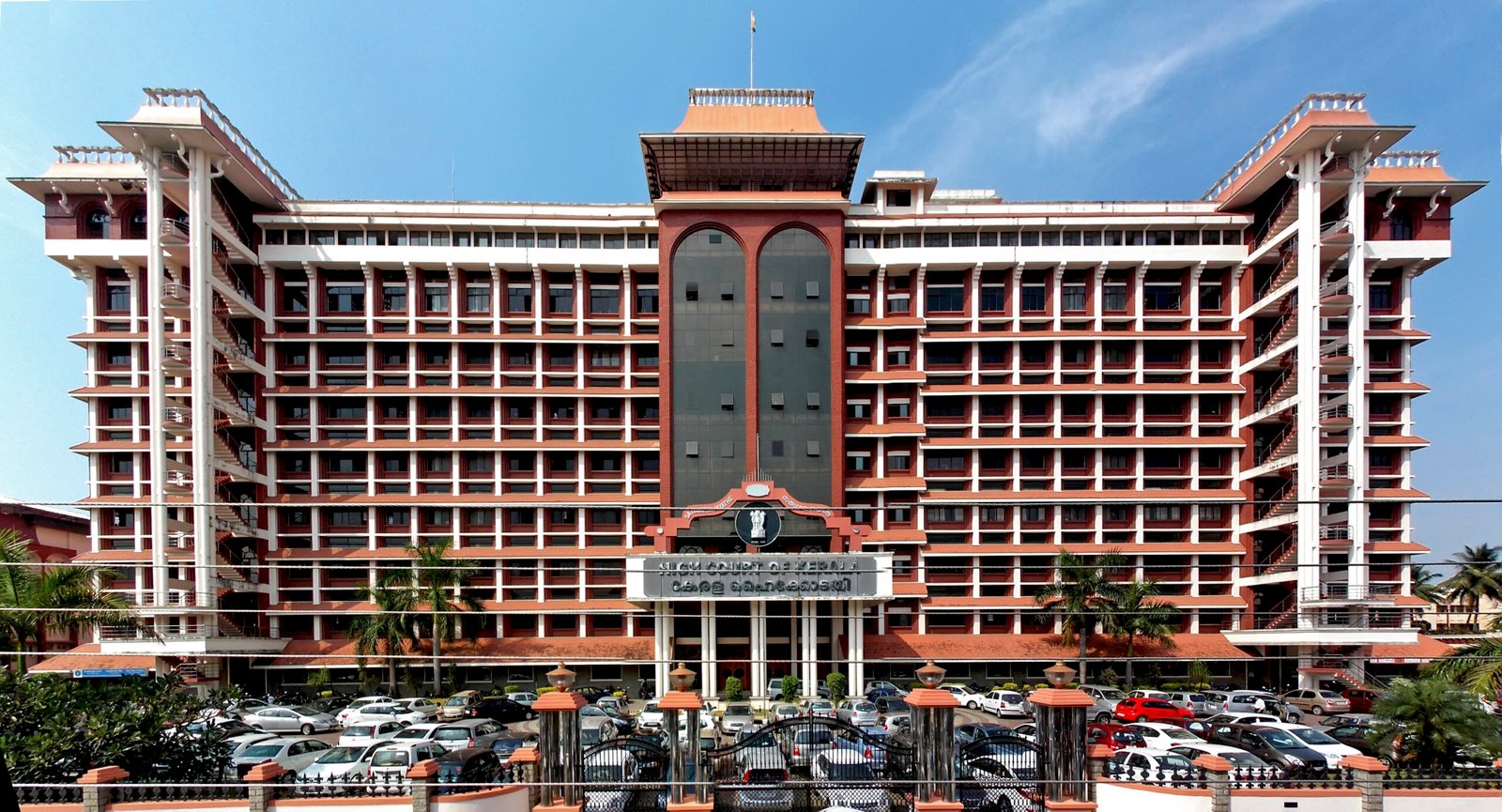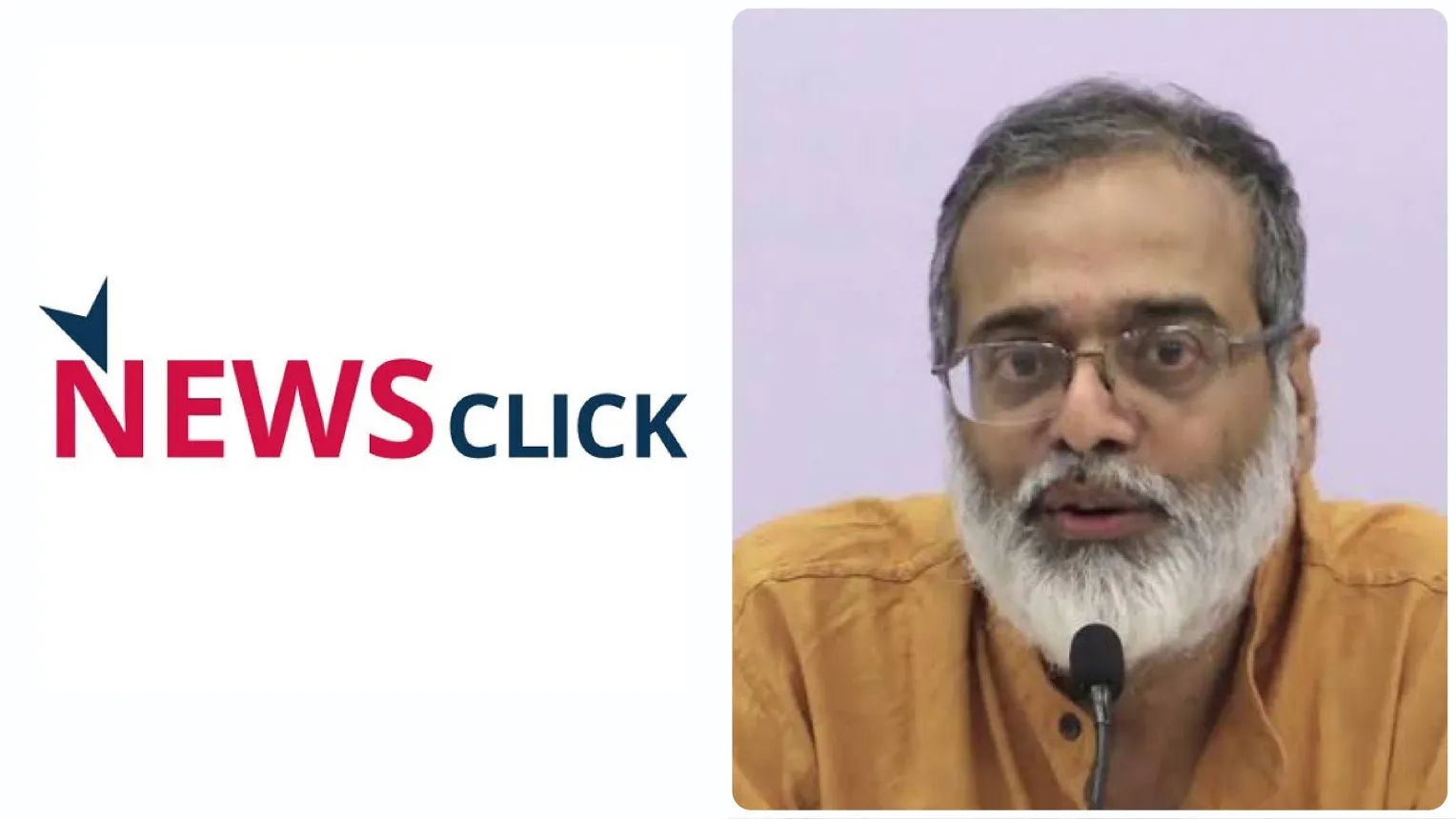The Kerala High Court recently ruled that no one, including the media or government agencies, has the right to intrude into the private lives of citizens without a valid reason.
The court also stated that certain media personalities’ “so-called crusade for truth and justice” or personal vendetta cannot be used to justify infringing on the general public’s right to privacy.
It was “disheartening” to see that some news outlets “are in the habit of publishing sleaze more than news,” it said.
“A section of the public also devours such sensational and salacious news. In the absence of any mechanism to curb the menace, it is for those channels to introspect and decide whether, by the action of a few, faith in the fourth estate, a powerful pillar of our democracy, is getting eroded,” the court said.
Justice V G Arun made these strong observations while rejecting a petition by two media persons seeking anticipatory bail in a case against them for various offences under the Indian Penal Code, the Information Technology Act, and the Scheduled Castes and Scheduled Tribes (Prevention of Atrocities) Act. The case against them is for violations of all three of these statutes (PoA Act).
The two journalists are accused of publishing on their online channel news items that contained derogatory remarks against a woman. This woman had filed a complaint against her employer, who was also a media person, alleging that he forced her to videograph her nudity for the purpose of creating a morphed video of a lady Minister of the State. The two journalists are accused of publishing these news items.
After her employer, who had previously been in charge of an online news channel, was arrested, the defamatory articles about her were published online.
The complainant asserted that the news articles were published with the full awareness that they came from a Scheduled Tribe community, which she was a member of.
After their request for anticipatory bail was denied by a Sessions Court, the accused brought their case all the way up to the High Court.
In front of the High Court, they presented an argument that their news articles were an expression of protest against the false implication of the complainant’s employer. They denied the allegations that were made against them in the complaint.
In addition to this, they argued that the detention of the suspects for the purpose of questioning was unnecessary and would not constitute a violation of the PoA Act.
While dismissing their claims and arguments, Justice Arun stated, “In my opinion, publication of another person’s private moments for public viewing is, by itself, an offensive act, even if there is no law preventing such action. No person, whether it be the media or governmental agencies, has the right to peep into the private lives of the citizens of this country, without there being a valid reason.”
In addition, the court stated that in this particular case, the allegations levelled against the accused media persons were that they were aware the complainant belonged to the ST community, and as a result, the publication of news with content that insulted or abused her was sufficient to attract offences under the PoA Act.
“Hence, the contention that there is no material or circumstance to attract the offences under the PoA Act can only be rejected. Consequently, the bar under Section 18 of the Act, against grant of pre-arrest bail, will come into play. Hence, the finding of the Special Court (sessions court), in that regard, does not warrant interference. For the aforementioned reasons, the appeal is dismissed,” the court ordered.



